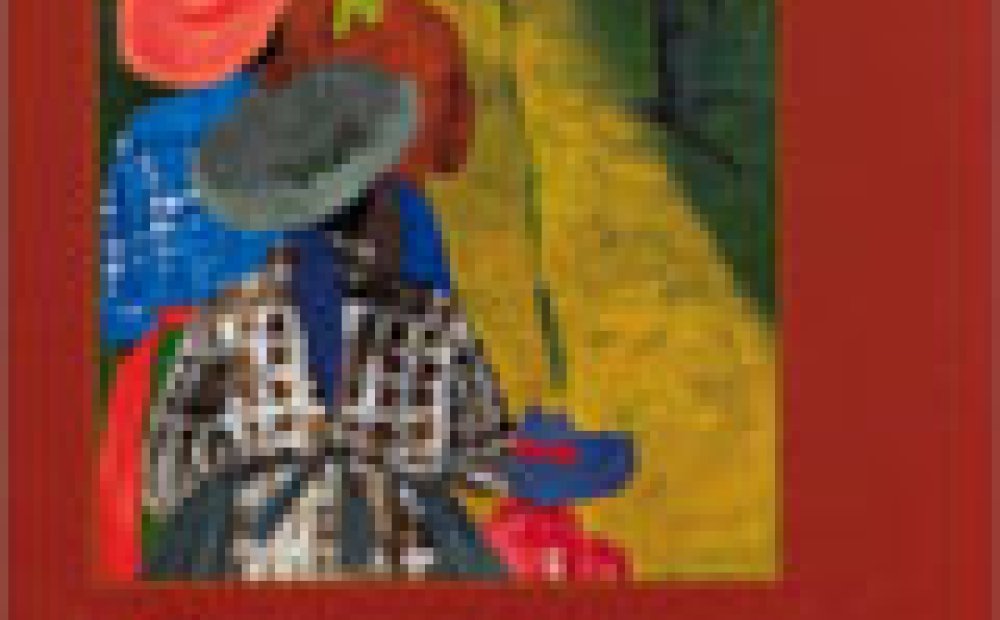Sharon Harley, <i>Sister Circle: Black Women and Work</i>

Editor/contributor Sharon Harley, University of Maryland and Fellow, Woodrow Wilson Center; with contributors Bonnie Thornton Dill, Professor of Women's Studies, University of Maryland; Judi Moore Latta, Professor of Communications, Howard University; Shirley Wilson Logan, Associate Professor of English, University of Maryland; Marilyn Mobley McKenzie, Associate Professor of English, George Mason University; Francille Rusan Wilson, Associate Professor of Afro-American Studies, University of Maryland; and Lynn Bolles, Professor of Women's Studies, University of Maryland
The 15 women who contributed to Sister Circle met over ten years to talk about black women and work and about how a group of academics could work collectively to put together a collection that would explore the many areas of black women's work. The volume covers women in the tourism industry, nineteenth-century women activists, low-income single mothers, visual artists, church workers, academics, and other professionals.
Prof. Sharon Harley's essay focuses on black women in the pre-1950 underground economy, where the work of black women both reflected the larger struggle for rights and helped transcend gender roles. Looking, for example, at Odessa Marie Madre, "Queen of Washington's Underworld," Harley noted how few paying jobs other than those of maid or teacher were open to black women. Women like Madre rejected the options offered by the white society and carved out a different role for themselves in the illegal underground economy, challenging male domination in the process. Sadie T. M. Alexander also rejected the role of teacher, according to Prof. Francille Rusan Wilson. Coming from a family of professional "firsts," her route was to become the first black person to get a Ph.D. in economics (1921) – but she was unable to get a job as an economist. After marrying a lawyer, she went to law school and then practiced law in the family firm.
Prof. Judi Moore Latta discussed the ability of black women church workers to transcend patriarchy by insisting they had been called to their work by God. Prof. Shirley Wilson Logan focused on the argument made at the beginning of the twentieth century by women such as Anna Julia Cooper that black women deserved to be paid for their work in the home as well as their work outside of it, and that such work gave them both the right to be included in public discourse and the responsibility to be aware of their contribution to the uplift of the race through their teaching of moral and economic values.
Turning to women who continue to struggle today with a lack of access to high-income jobs, Prof. Bonnie Dill examined the coping and survival strategies of single low-income rural black women. She noted that for many, work and welfare are two sides of the same coin, as welfare recipients are frequently displaced workers. They view economic support of their children as a part of their function as mothers, and rely heavily on family to make their wage-earning jobs possible. So do many of the Jamaican tourist workers studied by Prof. Lynn Bolles, whether their education stopped after a few years of primary school or included the earning of MBAs or degrees from the Cornell School of Hotel Management.
Prof. Marilyn Mobley McKenzie looked at black women in the academy, such as the contributors to the volume, and the way their functioning as scholars is undermined by what she labelled "hypervisibility": demands that they shoulder heavier administrative responsibilities than others, because of the need to have diversity on college committees. A number of the participants suggested that the community they forged in working toward Sister Circle became an important component of each of their survival strategies.
To order this book, click here